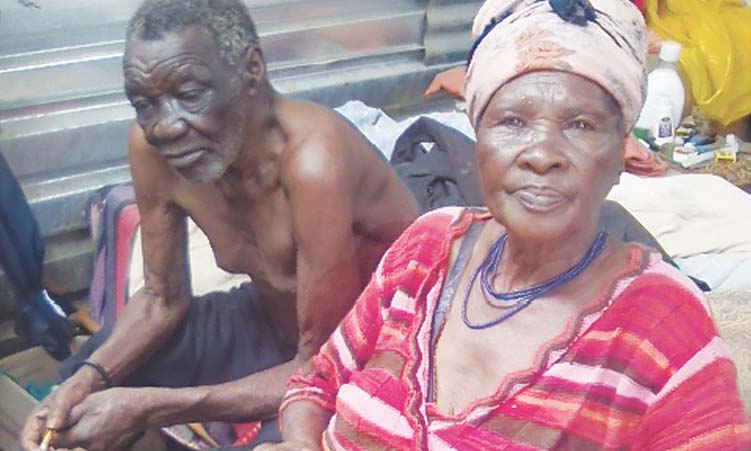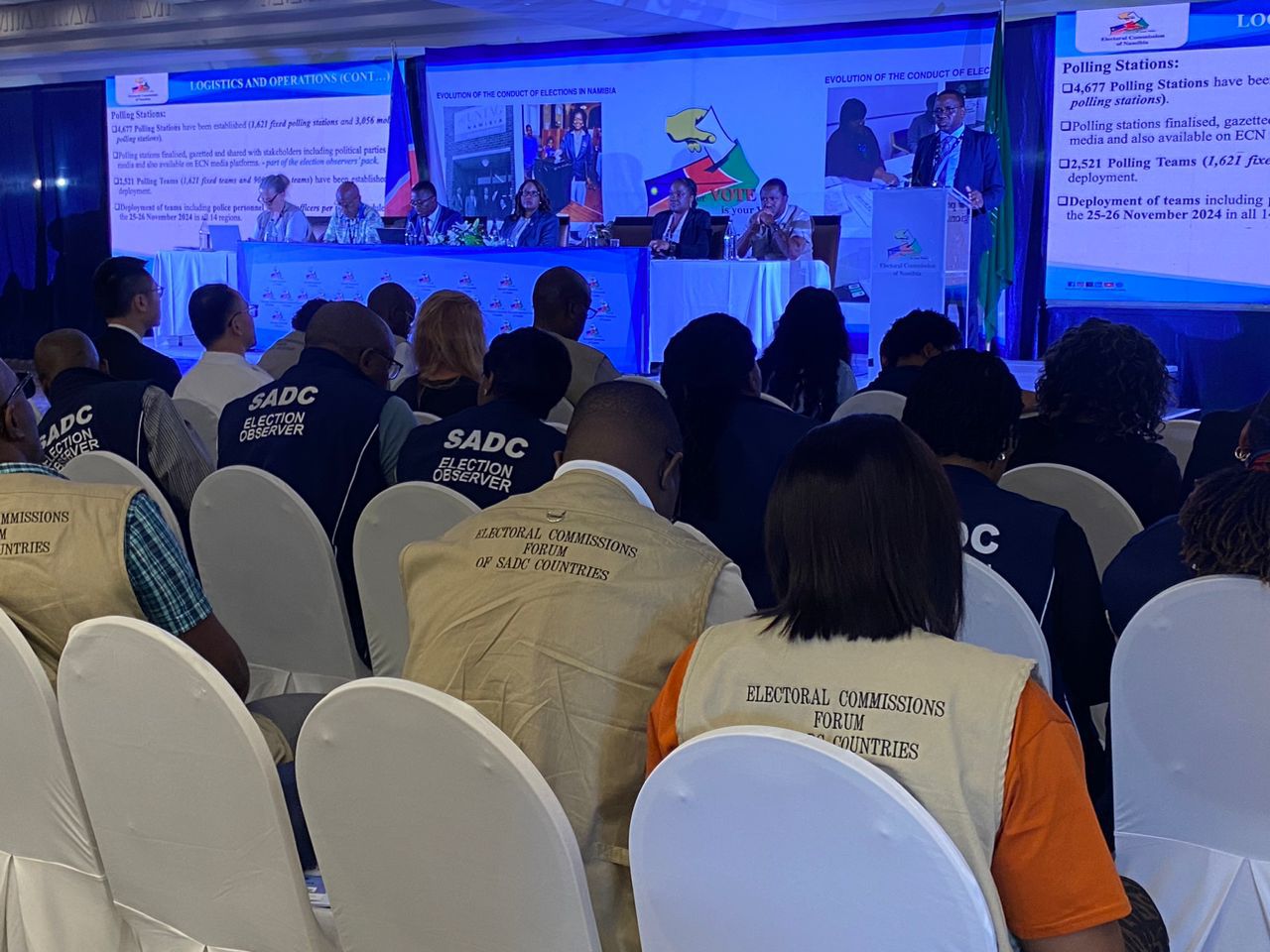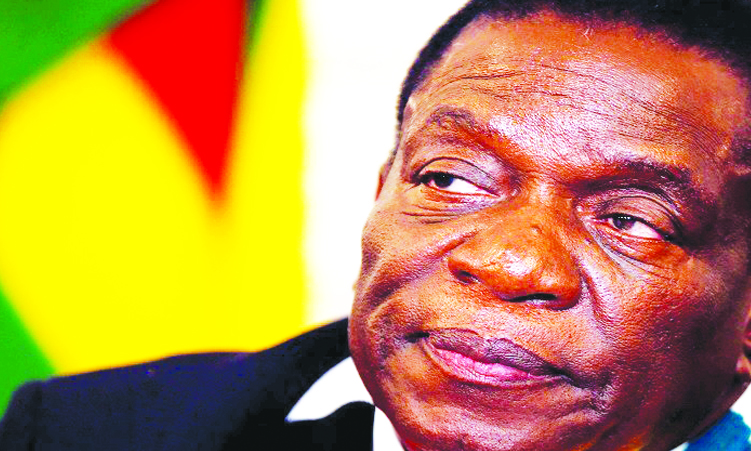The chief of the Hai||om San community, Willem /Aib, lodged a complaint with the United Nations Human Rights Council on Thursday, regarding the recent eviction of Hai||om community members from former president Hifikepunye Pohamba’s farm.
The complaint was lodged under the Hai||om Bushmen Community Development Organisation, which is recognised by the United Nations (UN).
Amanda Keirises and her family were evicted from farm Guinashpoh in Otavi area last year.
They are members of the Hai||om community, considered a minority group alongside the San community.
/Aib told The Namibian yesterday that the eviction is in contravention of the UN’s Declaration on the Rights of Indigenous Peoples (UNDRIP) treaty on the protection of the rights of minority groups, which the Namibian government signed.
“This eviction was unlawful and illegal under that treaty. The Hai||om San are people who are protected under that treaty.
Furthermore these are people who were dispossessed of their ancestral land when the Etosha National Park was created,” he said.
The Hai||om occupied a large swathe of land from eastern former Ovamboland, through Etosha and down into the central highlands. They were removed from this land between 1953 and 1954, when the Etosha National Park was created.
/Aib said the government needs to start prioritising the Hai||om community in the allocation of resettlement farms, as these community members are reportedly increasingly becoming corridor farmers.

“There was never any compensation for the indigenous people when they were dispossessed of the land where Etosha is today. That’s why this matter is in the courts today. The Hai||om cannot continue to just lose land and become landless and homeless, while they are indigenous people who owned land.”
In 2015, with the support of the Legal Assistance Centre, the world-renowned ancestral land rights expert and former United Nations Special Rapporteur on the Situation of Human Rights and Fundamental Freedoms of Indigenous Peoples, James Anaya, filed an affidavit on behalf of the applicants in the High Court.
However, common law in Namibia does not cater for representative action procedures to represent the 2 700 Hai||om, and the application was dismissed in 2019.
An appeal was successfully launched and the Supreme Court registrar is expected to notify the parties of the hearing date in due course.
Currently, the Keiriseb family is still living on the roadside between Otavi and Tsumeb, where they were dropped with their belongings and livestock on the day they were evicted. Their hopes of moving to farm Ondera were dashed last year, when a group of resettled farmers there opposed the family’s temporary relocation.
Otjozondjupa governor James Uerikua said the government will continue to support the family socially, while alternative relocation venues are being sought.
Uerikua said his office is in consultation with the lands ministry regarding possible resettlement farms to which the family can be moved.
He said a collective between his office, the governor of Oshikoto, Penda Ya Ndakolo and the gender ministry, in particular the division for minority groups, will still deal with the Ondera farm issue because no Namibian can oppose another Namibian from benefitting in the same manner they benefitted.
“It is very disheartening to hear that fellow Namibians opposed this family from entering Ondera, a resettlement farm bought by government to resettle Hai||om families.
These are people who are in need just like they were, so we need to deal with that,” he said.
Maria Blom, Amanda Keirises’ daughter said with every passing day they are becoming more despondent.
“This is not something we expected to turn out this way. We spent our Christimas here including our New Year’s. And we still don’t know where we will go to from here, or how long we will still be here.”
Stay informed with The Namibian – your source for credible journalism. Get in-depth reporting and opinions for
only N$85 a month. Invest in journalism, invest in democracy –
Subscribe Now!






